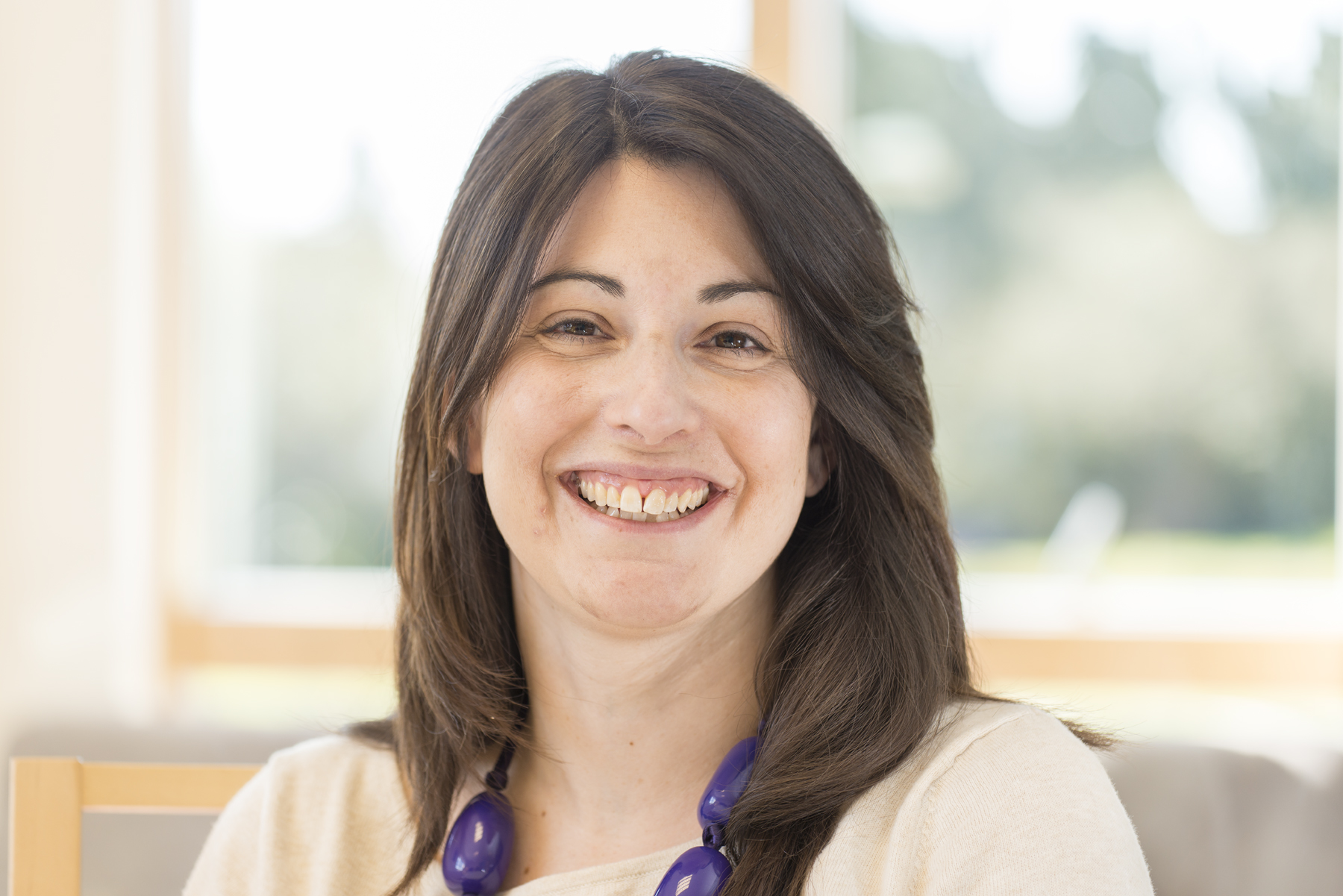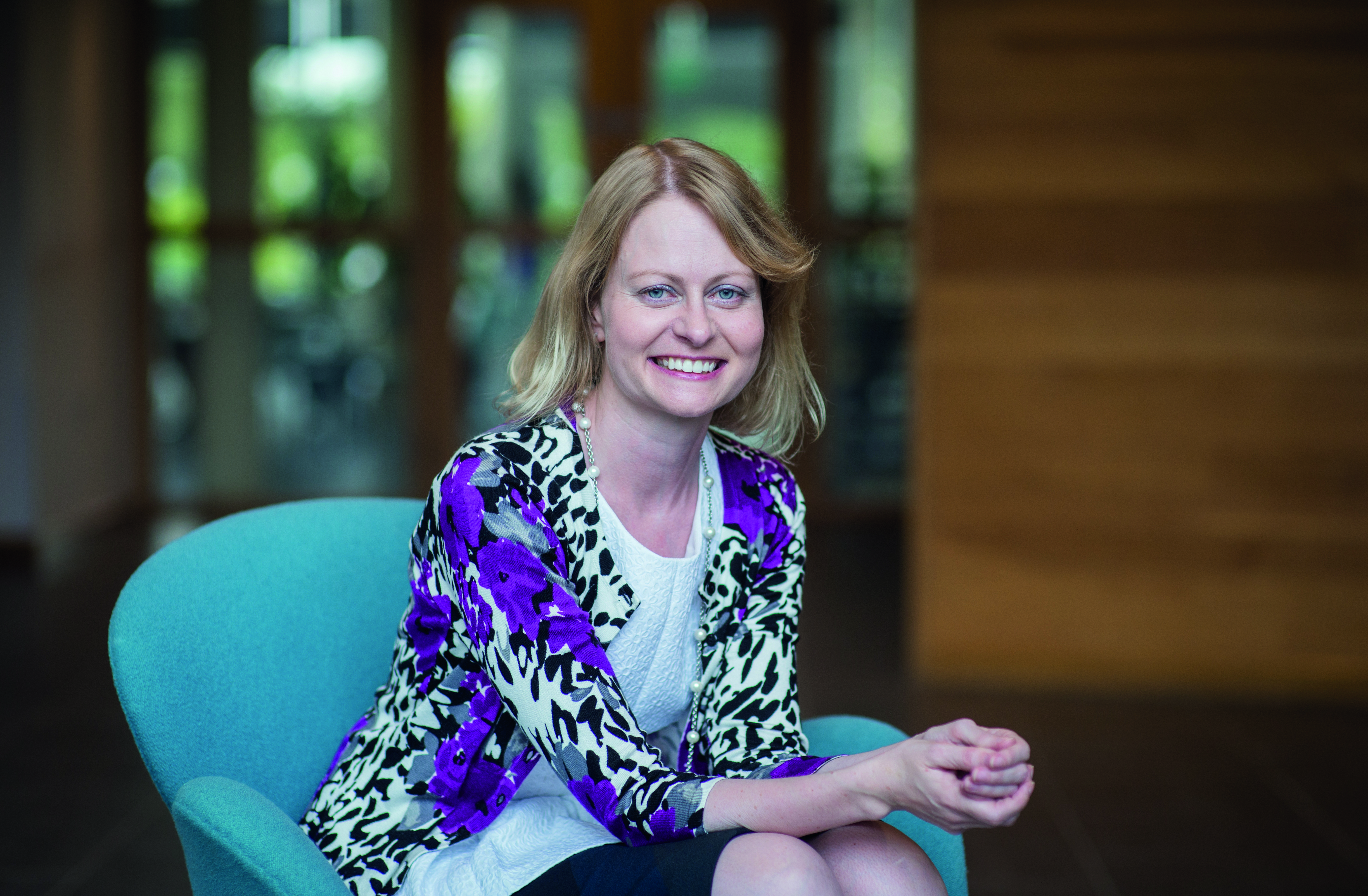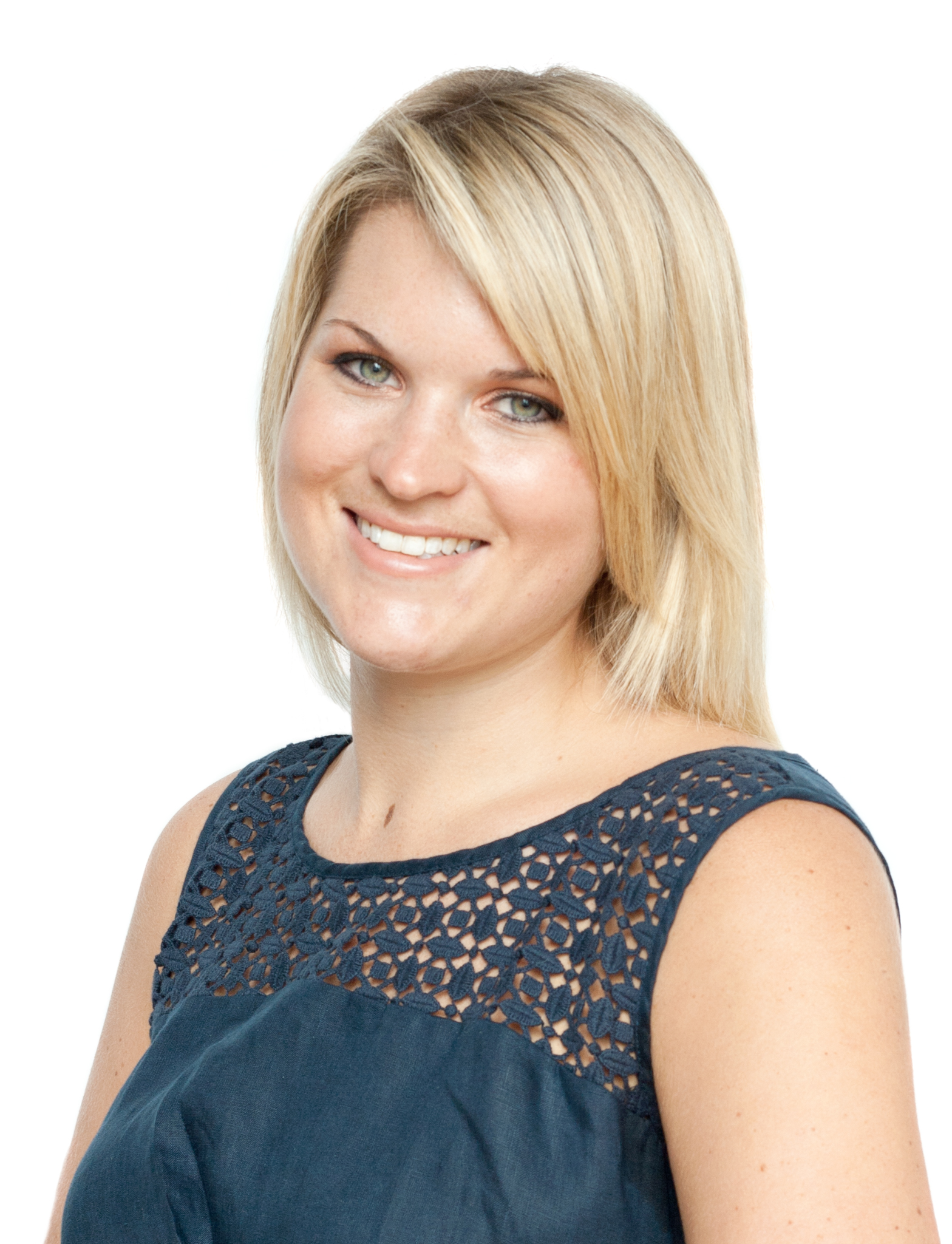A 60-year-old mother made headlines earlier this year when she won the right to act as a surrogate for her deceased daughter in the Court of Appeal. The two-year case unsurprisingly divided opinion, despite all evidence indicating that the daughter, who died after a long battle with cancer, wanted her eggs to be used by her mother after her death.
“You get to a stage where you don’t really see the moral or ethical side because it’s not our place say ‘is this right?’” says lawyer Nicola Scott, who helped represent the mother. “Sometimes someone in an unusual position might be a better parent than lots of the more traditional parents out there. Our job is to sit back and look at the raw legal issues, while trying to be sensitive and empathetic. There is no place for being narrow minded or judgemental.”

Fertility law in its current form is a relatively new field, created largely due to recent developments in fertility technologies. Lawyers may find themselves working on cases relating to surrogacy, sperm and egg donation, posthumous conception or co-parenting.
With one in six couples in the UK struggling with fertility issues, the area is only set to grow. “There is a huge demand for fertility law services as people look to build modern families,” says Michelmores partner Louisa Ghevaert. “These include same-sex, heterosexual and single parents. Many people are also starting families later in life because these days it is harder to get a job and on the property ladder when you’re younger.”
Lawyers in this field are still small in number, and confined to a handful of firms in the UK. The vast majority are women. “While there a lot of male fertility doctors, there is quite a large female aspect to this work”, says Ghevaert. “Often, with heterosexual couples, the woman does a lot of the legwork with regards to seeking fertility solutions. But it would be nice to see more men in the sector.”
Despite – or perhaps because of – the small number of fertility lawyers, those specialising in the area tend to be really passionate. For Natalie Gamble, co-owner of specialist fertility firm Natalie Gamble Associates, campaigning is a very important part of the job. Her work has led to various laws being changed, including the 2008 Human Fertilisation and Embryology Act which allows lesbian couples to register as the parents of their child on birth certificates. Last year, she successfully fought for surrogate parents to be allowed maternity leave.
Gamble’s interest in fertility law stems from personal experience, when she and her wife were trying to conceive their daughter, who is now a teenager. Back then, only two fertility clinics were open to lesbian couples, and it was not possible to register two people of the same sex as parents on birth certificates. Driven by a desire to change these restrictions – Gamble, previously a private client associate at Lester Aldridge – decided to become the firm’s first specialist fertility lawyer. “No one else at the firm even covered fertility then,” she says.
A small group of fertility lawyers began to grow at Lester Aldridge. Ghevaert, previously a high-net-worth divorce solicitor at Taylor Vinters, joined the cohort in 2008.
That same year, Gamble, Ghevaert and the rest of Lester Aldridge’s fertility team won the first case for overseas surrogacy, Re X and Y (Foreign Surrogacy). A British couple had hired a surrogate in Ukraine but, despite the surrogate’s consent, UK law refused to recognise them as the twin babies’ parents. The High Court judge ruled in favour of the couple, concluding that the children had been left “marooned, stateless and parentless while the applicants could neither remain in the Ukraine nor bring the children home”.
It was a milestone victory for the field. “It was the case that opened the doors to overseas surrogacy,” says Gamble. “It established that if you compensate a surrogate, the court will authorise payments. The number of couples hiring overseas surrogates is now in the thousands.”
In 2009, Gamble and Ghevaert left Lester Aldridge to set up the UK’s first specialist fertility firm – Gamble and Ghevaert LLP.
“I understood that it was going to be a unique opportunity to grow this area of law and be able to have autonomy and direction over the growth,” says Ghevaert.
In the end, the partnership only lasted two years. Ghevaert left to become a partner at Porter Dodson, and Gamble and Ghevaert became Natalie Gamble Associates.
Routes in
Many fertility specialists start out more traditional areas of family law, such as divorce.
Scott, however, was the first trainee to qualify directly into fertility. “I knew right from the start that it was what I wanted to specialise in,” she says. “I wrote my dissertation on the subject. When looking for somewhere to start training, I really wanted to grow in that field specifically.”
Her route also began at Lester Aldridge. “At the time it was the only firm practicing fertility law. I worked for them for two or three years before I officially started training. I qualified straight into fertility because it was really the only area of law I’d done.

“As long as there’s a mix of contentious and non-contentious work, you can actually do most of your training contract within the same field,” she says. “It worked out really well for me. As things stand, I’m still the only person who’s qualified this way.”
Scott then worked as a solicitor for five years at Natalie Gamble Associates, working on the case of the 60-year old mother during her time there. She moved to Porter Dodson in 2015, a year after Ghevaert had left the firm for Michelmores.
This crossing of paths is not uncommon, because there are so few lawyers and firms specialising in the area.
“There are only about five or six firms that do it properly,” says Scott. “Many are trying to break into it, but it’s not easy. Some are pretty honest about that and have said they hope to offer surrogacy advice in the future but don’t hold themselves out as experts because they know that it’s quite a tricky area of law.”
Gamble also acknowledges the difficulty for firms to break into the field. “There are a small number of fertility lawyers,” she says. “As with any niche area you need to have lots of expertise and experience.”

As well as a strong grounding in law, empathy and flexibility are crucial skills for anyone wishing to break into the field.
“Fertility lawyers have to be able to work well with people because it is a very personal area of law. It is often particularly sensitive when clients have had a long and difficult emotional and financial journey,” says Ghevaert.
“People tell you their history of fertility treatment, which is a conversation they may not have had with anyone else in the world other than their partner or their doctor,” says Scott. “You’ve got to be very open minded because often you’ll hear situations which you wouldn’t imagine in your wildest dreams would be a possibility for somebody having a child.”
One of her most interesting cases, she says, involved a transgendered woman who had saved her sperm in a sperm bank when she had been a man. “Now she’s a woman, she wants to use that sperm to have a child. So essentially, she’ll be the biological father of that child although she is now a woman and wants to raise that child as a mother.”
Empathy and good people skills alone are not enough, however. Ghevaert warns trainees that, as with all practice areas, “there is no substitute for hard work. You need to do your homework and understand the law.”
Because it is such a rapidly developing area of law, often delving into completely new areas, flexibility and dedication are crucial. “You need to be able to look for solutions where they are not readily obvious,” Ghevaert says.
The problem with surrogacy law
Since Ghevaert and Gamble’s historic overseas surrogacy case, the government has been slow to lift surrogacy restrictions. This is an issue that continues to frustrate lawyers in the field.
Parents who hire a surrogate abroad are still not legally recognised as their baby’s parents when they return to the UK. They must apply for a parental order, which is often a lengthy process.

“It is essentially like an adoption order – they have to adopt their own child,” explains Scott, who says UK surrogacy laws are “outdated”. “It is difficult for people to go abroad because they’re then playing with two jurisdictions. In the country where the baby’s been born, they’re treated as the parents of the child already. When they come back to the UK, our law says ‘sorry, but the surrogate is actually the mother and if she’s married then her husband’s the father’.
Gamble has been campaigning for a “properly structured surrogacy law in the UK” since 2007. “Contrary to popular belief, you can pay someone to be a surrogate here,” she says, although it is illegal for surrogacy agencies to advertise and make a profit. “We need a system which is much more upfront so people are encouraged to talk things through with a lawyer from the beginning. We want children conceived through surrogacy to be born with their parentage recognised.”.
Her firm, together with its sister organisation, the non-profit surrogacy agency Brilliant Beginnings, is petitioning the government to review UK surrogacy law. The petition, which currently has over 1,500 signatures, argues that many parents make surrogacy arrangements informally through the internet, and the affordable options they often involve exploit surrogates.
Children also sometimes get stranded in the country they are born for several months before they are able to return with their parents. Gamble says she has had cases where children were stranded in India for 18 months.
“A better international consensus on these issues is really important,” says Ghevaert.
Ever evolving
With fertility being such a young area of law, new dilemmas are constantly arriving. Sometimes cases can be so influential that they can result in the government reviewing its position.
“There is a case going through at the moment which may change things quite significantly,” says Scott. It involves a single man from the UK having a baby with a surrogate based in California. “The difficulty for him is that he’s single and the rules currently say that unless you’re in a couple, you can’t make that court application,” she says.
Natalie Gamble Associates represented the father. Most recently, the president of the High Court made a declaration of incompatibility under the Human Rights Act, saying that the current surrogacy law excluding single people breaches the human rights of single parents and their children.
Gamble is optimistic that this will prompt the government to change the law regarding single people and surrogacy. “It is massively ground breaking. There have only been 20 declarations of incompatibility involving parentage and 19 of them have resulted in law change,” she says.
“If single people can adopt children, why on earth can’t they make this court application for a parental order for a child that is biologically theirs?” asks Scott. “A lot of single people have been put off because they haven’t been able to get this court order that they’ve needed. Now, touch wood, that will change.
“This what is exciting about this area of law. It keeps people on their toes.”
































I find this such an interesting area of law. I have a pupillage interview at a set that includes experts in fertility law. I found particularly the issues with cross border IVF, egg storage and sperm donation fascinating. Anyone interested in this area needs to read Evans v UK the ECtHR judgment
Thank you for the recommendation to read the judgment. Very interesting!
I would love to learn more about this area of law and one day practice this myself. Where is the best place to start?